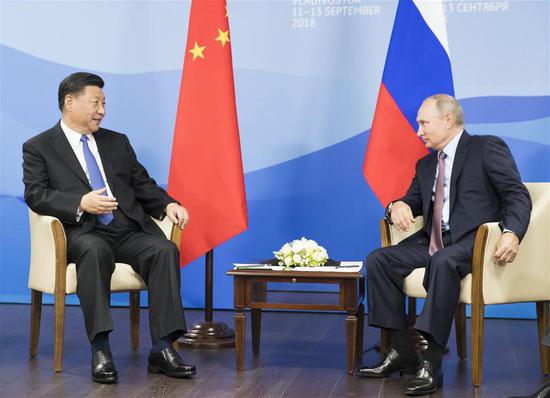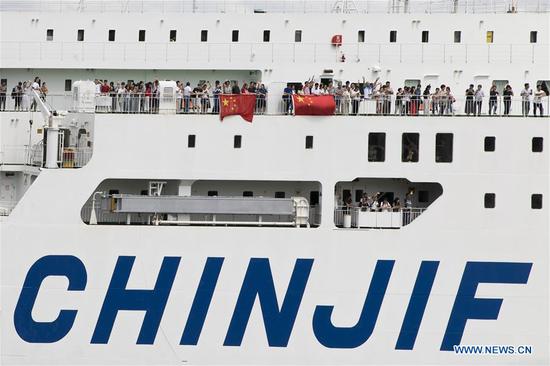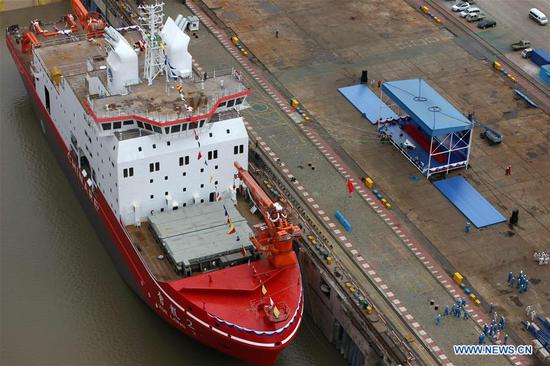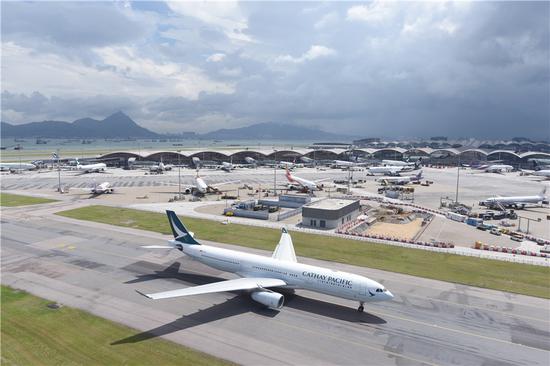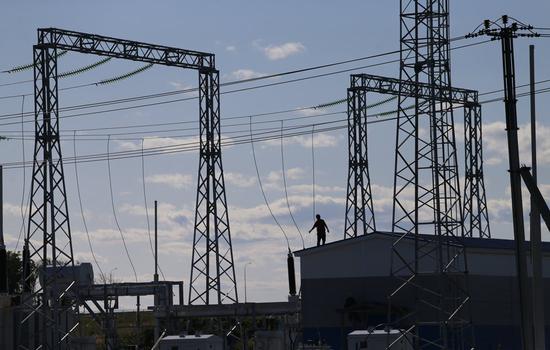Boeing Co said China is the world's fastest-growing market for long-haul flights, boosted by robust demand for business and leisure air travel and the growing number of middle-income consumers.
The U.S. aircraft manufacturer has boosted its forecast for China, saying that over the next 20 years, the nation will need 7,690 new airplanes, according to a news release issued by Boeing in Beijing on Tuesday.
Over the next two decades, China is expected to remain the world's only trillion-dollar airplane market, which will be valued at $1.2 trillion. The nation's air passenger traffic volume is expected to grow at an average annual rate of 6.2 percent, Boeing said.
China currently accounts for 15 percent of the world's commercial airplane fleet. By 2037, this figure will reach 18 percent, the report said.
Among new deliveries, Boeing predicted that China will need 5,730 single-aisle airplanes through 2037, accounting for 75 percent of the total, in addition to 1,620 widebody fleet, which will triple the current size over the next two decades, and demand for widebody airplanes is expected to grow at a faster rate.
"The growth in China can be attributed to the country's growing middle-income group, which has more than tripled in the last 10 years, and is expected to double again in the next 10 years," said Randy Tinseth, vice-president of commercial marketing at Boeing Co.
"With the economic empowerment of China's middle-income consumers, coupled with advanced technologies that make airplanes more capable and efficient, the future of the commercial aviation market in China is very exciting," he said.
In the past five years, China has seen the strong growth of domestic flights that connect second-tier cities, and a significant increase in new regional and long-haul international flights that connect second-tier Chinese cities and overseas destinations.
During the period, Chinese airlines have rapidly expanded their flight networks. The number of direct flights operated by Chinese carriers tripled to 174, and their total market share rose from 42 percent in 2013 to 56 percent this year. In the Sino-North American market, Chinese carriers took a 62 percent market share so far this year, according to Boeing.
"U.S. carriers are at certain disadvantages, as the majority of demand increment comes from outbound Chinese travelers, and most Chinese passengers would tend to buy flight tickets from Chinese airlines," said Lin Zhijie, an aviation industry analyst and columnist at Carnoc, one of China's largest civil aviation websites.
He added that the ongoing trade tensions between China and the United States are expected to have a negative impact on demand for Sino-U.S. flights in the long run, although its influence is insignificant at the moment. In addition, business and tourism visa approvals have become tighter, which may lead to slower travel demand growth.









